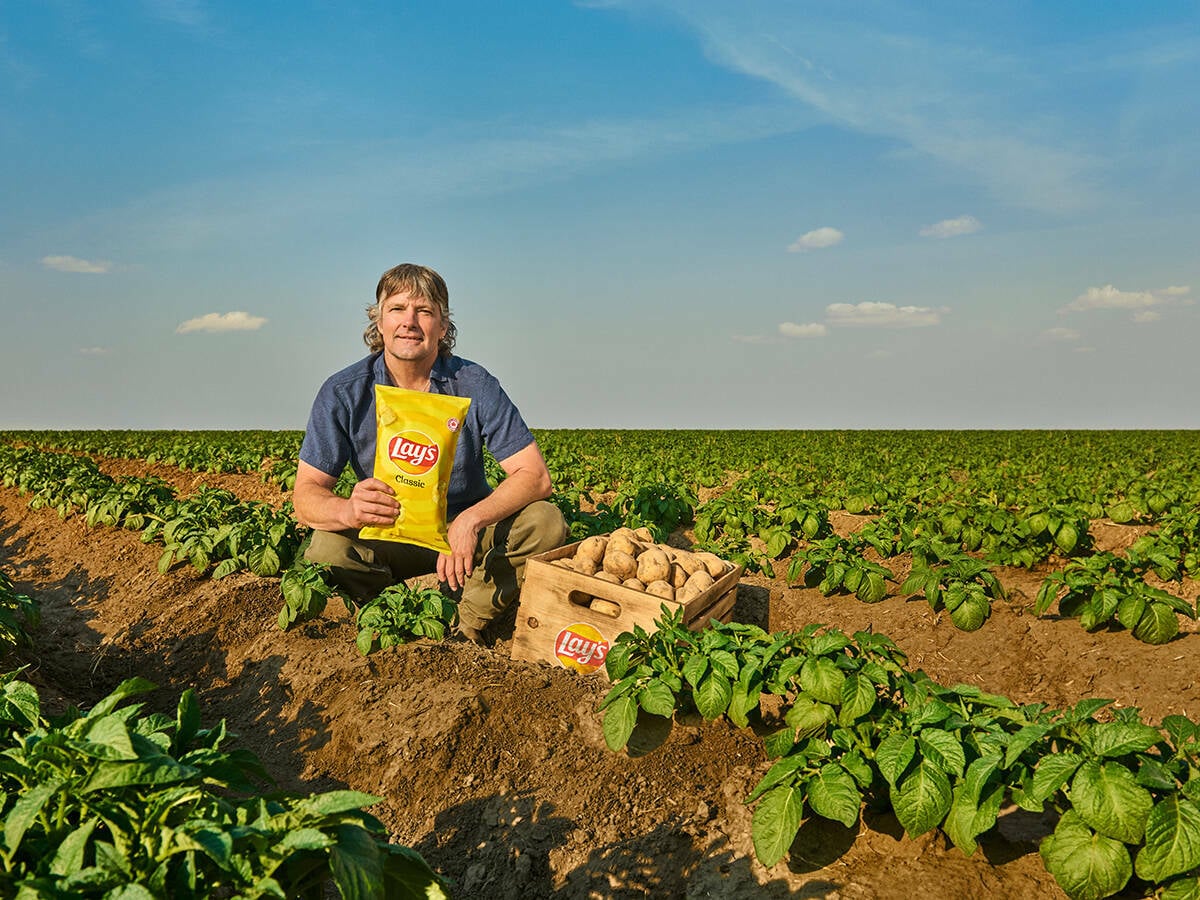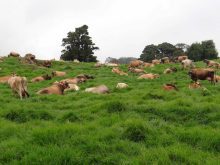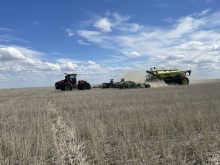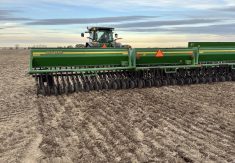While the Alberta government recently heralded the success of a pilot traceability project, the Alberta Auction Markets Association (AAMA) has a much different tale to tell. In an open letter released to the livestock industry, as well as to Alberta Agriculture, the association warns against using the technology before other elements within the system are improved.
Rod MacLean, speaking on behalf of the AAMA, says the two reports compiled by Integrated Traceability Solutions, the company tasked with facilitating the project, are too optimistic. “We have our own numbers that contradict what they’re saying,” he said. “They were saying they could get 96 or 97 per cent reads in some of these markets. In some cases where they caught them one at a time and used the scanner on them, they did get close to that. On a high-speed flow at one market, they were around 76 per cent. Another market that or even less, and another market said they were between 80 and 85 per cent.”
Read Also

Alberta farmer invited to World Economic Forum
Southern Albertan farmer’s regenerative agricultural practices featured on panels at Davos where nations come together in partnership.
MacLean says the experiment so impeded commerce, some of the test markets simply quit. “Of the six test facilities, two of them dropped out because it wasn’t working.”
MacLean said the association was also strongly opposed to a for-profit company being charged with the task of collecting the data. “The outfit that is selling the equipment, they were the ones that looked after all the data and compiled the results and they are presenting it to the government. We wanted an independent audit and that hasn’t happened.”
Auction markets are concerned the technology will slow business in more ways than one.
“It isn’t just time, and time is huge because time is money. But it’s also when you start re-sorting them and putting them through an alley one at a time, the shrink and the health of the animal and injuries become a major factor. They’re just driving them cattle away from the auction marts because of that,” said MacLean.
Another major divisive issue is the possible effect on the future viability of auction markets if other sale methods don’t have to adhere to the same strict guidelines. “They can’t figure out a way to do this on the private treaty sales or the Internet sales, they’ll maybe allow those to be done at the final destination or the feedlots. The whole industry has to be on the same page,” MacLean said.
If RFID scanning becomes mandatory at auction marts, producers will have to ensure all tags are in working, readable order, or likely pay additional fees to have them retagged. The additional fees, and the possible stress and shrinkage factor of having to single alley cattle with problem tags, could potentially drive cattlemen away from the sales ring.
Significant infrastructure costs will have to be absorbed to adapt current auction markets to effectively scan the RFID tags. “The cost is so prohibitive and we’ve been lucky to have the market rally a little like it did just to keep guys in business, but there is no extra money to waste out there,” MacLean said.
Rick Frederickson, senior manager of traceability division for Alberta Agriculture, says the government isn’t chomping at the bit to put the cart before the horse. “Certainly, that’s not our intention. That’s why we put a pilot project in place. The whole objective was to determine the capabilities of the technology and identify any issues that we may need to work on.”
Frederickson says the project did result in a 95 per cent read rate, sort of. “We met that target rate with some intervention in terms of identifying and handling animals that weren’t tagged.” Frederickson said interventions were needed primarily because of malfunctioning tags or incorrectly placed tags, but stressed the tag-reading technology wasn’t responsible for it. Bar-code tags also contributed to the problem, and those are no longer permitted.
Frederickson says AAMA representatives were involved with planning the project and were well aware a company with traceability expertise would be involved. “That was part of the request for the proposals process that we had. We engaged the AAMA in the planning of the project and actually had auction market representatives at the table in terms of coming up with the objectives for the project.”
Frederickson did confirm one market dropped out of the project entirely, and another temporarily opted out, but he wouldn’t say why. “You’d have to talk to the markets to find that out. Their reasons are their own.”
One of AAMA’s complaints is the government’s decision to leave them out as a signatory party to the recent Principles for Beef Cattle Traceability agreement.
“The government appears willing to consult only with those it believes will readily agree with its view on traceability,” stated the open letter. Frederickson said it was assumed the AAMA’s interests were represented by the other industry associations at the table.
Frederickson said concerns over a level playing field for everyone in the market are noted and will be addressed as the discussion moves forward. However, traceability will likely be introduced incrementally, and it appears the auction marts are first in line. “The approach that we’ve agreed to both as provinces and nationally would be to have phased-in approaches. And that may mean that certain segments might have to phase in earlier than other segments.”
Frederickson said the next steps are to sit down with the markets association and decide on how to put some other projects together to address some of the issues.
MacLean however, is dubious. “They’re saying it won’t impede commerce, well, we know better. They say this is what the livestock industry is asking for, but the grassroots people in our business, they don’t want it. At least not until it’s ready and fair for everyone.”
———
“Wehaveourownnumbersthatcontradictwhatthey’resaying.”
RON MACLEAN
Alberta Auction Markets Association
———
“Thewholeindustryhastobeonthesamepage”
RON MACLEAN
Alberta Auction Markets Association














